This blog is written by Anyone’s Child coordinator, Mary Ryder. Mary contributed to the Truth Commission’s work on drugs as part of her PhD research which investigates drug policy and armed conflict in Colombia.
The Colombian Commission for the Clarification of Truth, Coexistence and Non-Repetition (the Truth Commission) published its final report in June 2022. In a pioneering move it urged the new government to legally regulate drugs in order to end violence.
The report was the culmination of three and half years of work investigating the causes and consequences of decades of armed conflict in Colombia. It included a team specifically tasked to explore linkages between drugs policy, drugs-trafficking and armed conflict, and it developed a wide-ranging set of recommendations to support the transition to peace.
For more on the importance and accomplishments of the Truth Commission’s work on drugs see the Transform blog.
“From the war on drugs to the drug war” is a case study that I researched and that was published by the Truth Commission, as part of a series of publications to complement the key findings of its final report in greater depth (available in Spanish here). It explores the stigma, exploitation and persecution of people who use drugs, particularly young people, in Colombia’s armed conflict. The case study concludes that the constant victimisation of people who use drugs contributed to the persistence and degradation of Colombia’s armed conflict.
The case study privileges the voices of those involved; the victims and perpetrators of violence as well as those who witnessed it. Some were directly impacted by the repressive control of drug use in their territories, while others used drugs as a way to endure the horrors that the war forced them to live through. Their experiences are complemented with reports presented by civil society organisations to the Truth Commission, the communications of United States agents documented in national security archives, and the reflections of researchers and experts who have studied drug use in the country.
The key finding reveals that groups on all sides of Colombia’s conflict carried out ‘discrimination crimes’; systematic human rights violations perpetrated against stigmatised and marginalised people – including people who use drugs – as a mechanism to accrue political capital among key elements the wider population. This practice, which often included murder, disappearance and extreme violence, has been approved and applauded by many who deem it a valid and desirable way to deal with people considered ‘disposable’, ‘flawed’ and ‘dangerous’. For the most part, these crimes have been silenced and marginalised in Colombia’s historical memory with near total impunity for the perpetrators.
The fact that both illegal paramilitary and guerrilla organisations controlled the production and trafficking of illegal drugs and, at the same time, were persecuting and killing people who use drugs is contradictory and striking. People who use drugs were also profiled, targeted and murdered by the Colombian armed forces and then falsely presented as guerrilla fighters killed in combat, as a result of perverse incentives within the military to defeat the enemy and achieve goals. In other words, the lives of vulnerable people including people using drugs have been disregarded and discriminated against to the point that they became disposable military targets in pursuit of institutional, political goals.
Illegal drug use also became a means of grooming, exploitation, and the eventual recruitment of vulnerable young people into armed groups and drugs-trafficking networks. The section ‘Recycling bodies for the war’ describes how poor and disadvantaged youth affected by conflict, displacement, and poverty, were often given drugs, along with guns, money and clothes, and then encouraged or tricked into fighting in the war. Ultimately, many end up dead, at the hands of the same individuals who first gave them drugs to consume. Children and youth are precisely the same population that the policy of prohibition supposedly seeks to protect and upon which the ‘war on drugs’ is justified.
None of the armed groups in Colombia were exempt from consuming the illegal drugs that they themselves prohibit in their territories. Testimonies revealed that many soldiers who were using illegal drugs, in particular cannabis and cocaine, did so to cope with the war itself and the pain and trauma it causes.
The constant stigmatisation and persecution of people who use drugs is a key factor in the persistence and degradation of the armed conflict. As the case study concludes, drug prohibition and the ‘war on drugs’ “will never eradicate the drug market; on the contrary, it exacerbates its risks”. For this reason, new approaches and public policy strategies regarding the consumption of illegal drugs must be considered. A change is urgent in order to consolidate peace in the country.
Legalising drugs: a peaceful solution to the war
The Truth Commission’s final report included a series of recommendations to the new Colombian government intended to promote necessary transformations to end armed conflict in Colombia once and for all. Crucially, it recommends that the government leads and promotes an international debate to reform drug policy in cooperation with the United States and to move toward legal regulation.
The release of the Truth Commission’s final report and its official acceptance by Colombia’s new President, Gustavo Petro, renew prospects for peace in the country and the possibility of significant drug policy reform.
In a particularly welcome move, Petro has said that he wishes to fundamentally change the way in which drug consumption is treated and to move away from criminalisation. However, in order to truly put an end to this cycle of violence against people who use drugs, comprehensive strategies to destigmatise drug use must also be considered, which work collaboratively with parents, police, health and education workers to support and not punish drug users.
We are convinced that peace in Colombia requires coexisting with a legal and peacefully regulated coca and cocaine market, with dignity and sovereignty for all those who participate in it.
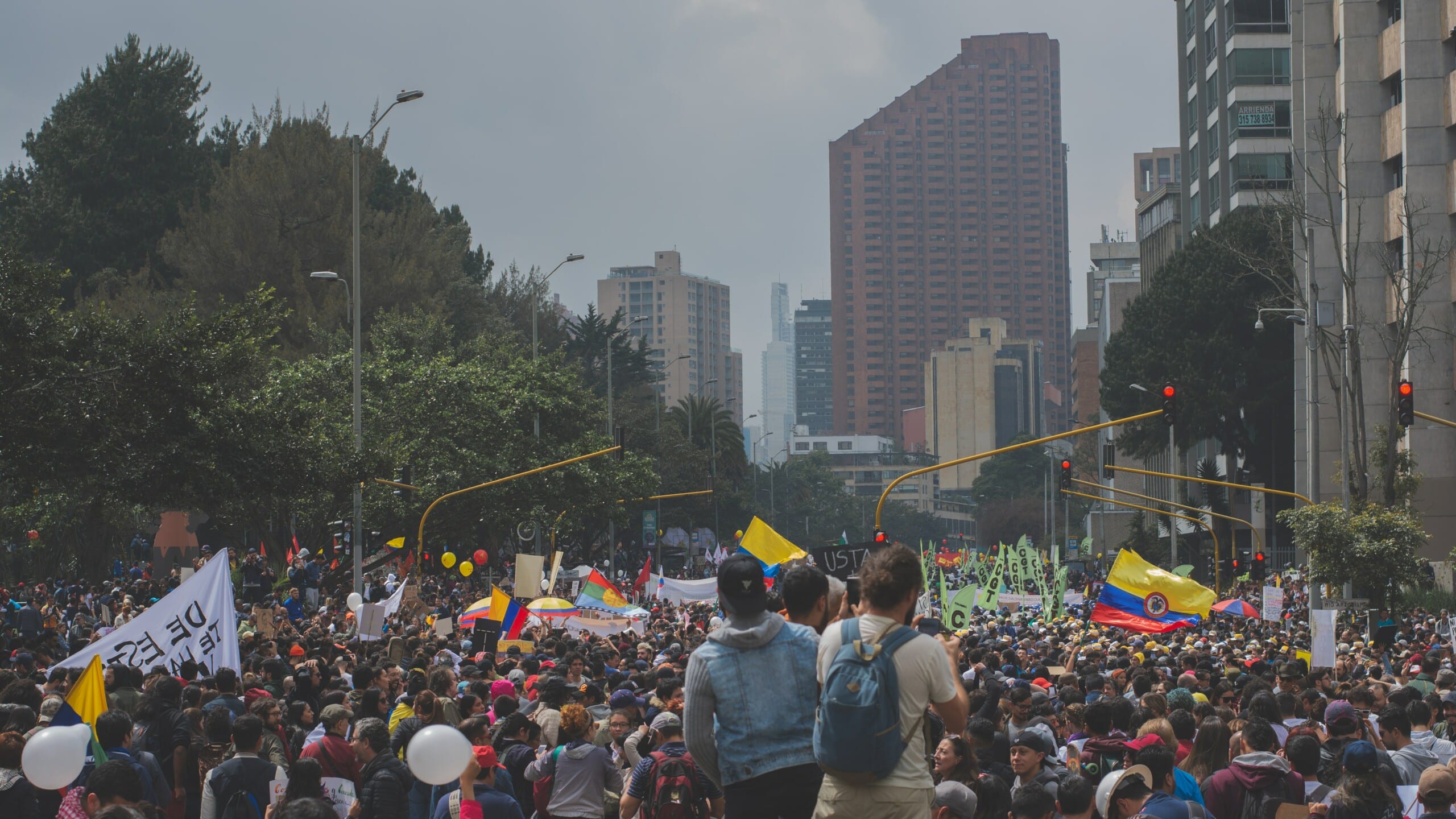
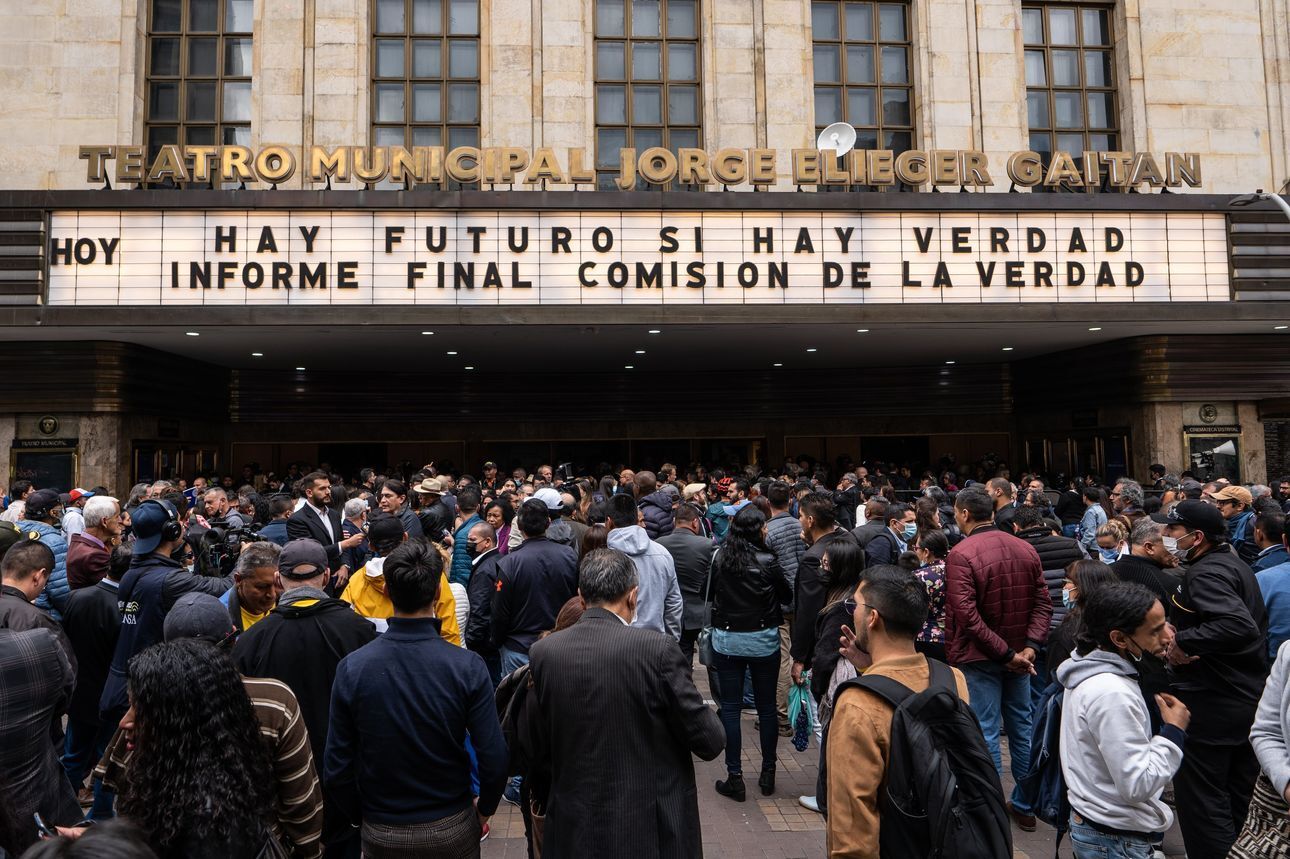
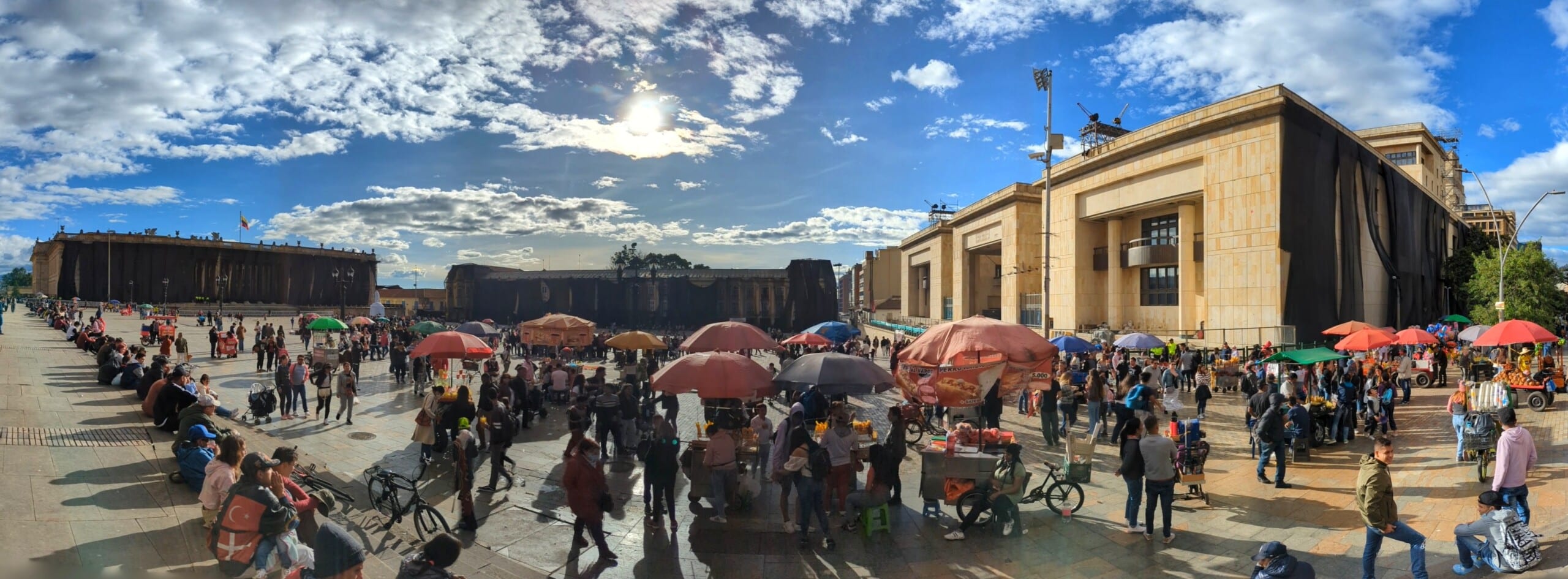
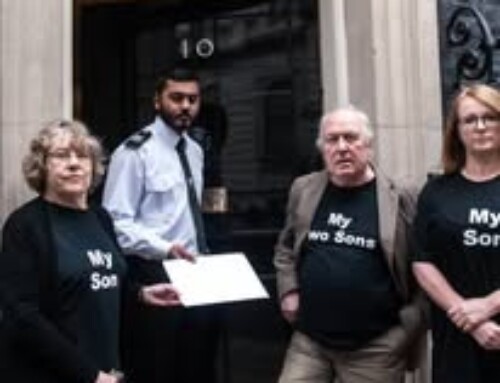
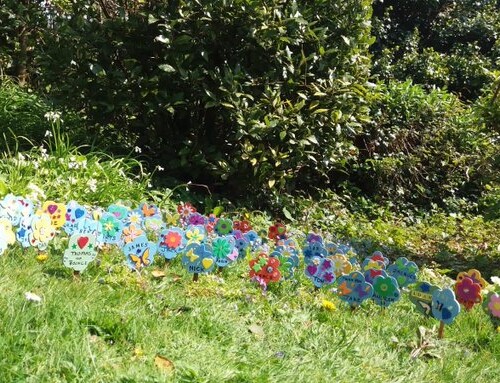
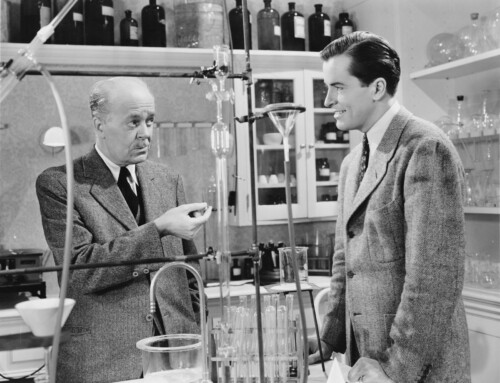
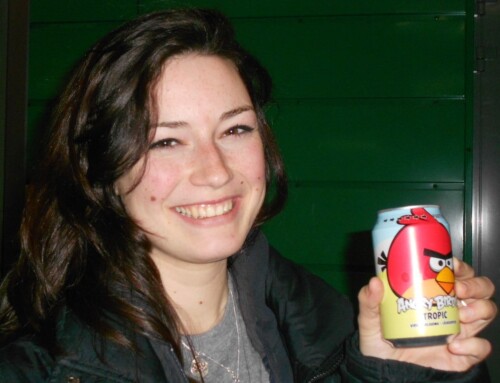
Leave A Comment